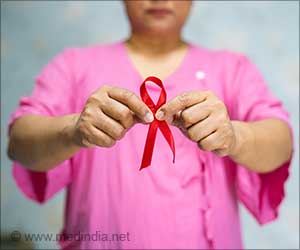Alcohol consumption has long been an emerging risk factor for developing at least seven different types of cancer. A new study finds that stronger alcohol regulations may be a promising means of decreasing cancer deaths.

‘Implementing effective policies to decrease alcohol consumption is a promising means of cancer prevention.’





The researchers examined the relationship between more restrictive alcohol policies and the number of alcohol-related cancer deaths per state from 2006 to 2010. They assigned each state an Alcohol Policy Scale score based on the presence and implementation of twenty-nine different alcohol regulations, including restrictions on the number of locations allowed to sell alcohol, state tax laws, and others. Policy Scale Scores were then related to rates of alcohol-attributable cancers by state using data from the Centers for Disease Control and Prevention's Alcohol-Related Disease Impact application for cancers of the esophagus, mouth and throat, liver, prostate (among men) and breast (among women). The study found that for all cancers combined, more restrictive policies were associated with a reduced risk of cancer mortality. A 10 percent increase in the strength of alcohol policies (calculated based on their Policy Scale Scores) was associated with an 8.5 percent relative decrease in cancer deaths. The findings, which were similar among men and women, underscore the potential impact that public health policies can have on preventing cancers at the population level.
"When thinking about cancer risk and cancer prevention, the focus tends to be on individual-level risk factors rather than environmental determinants of cancer, like public policies that affect the consumption of alcohol or tobacco," said Timothy Naimi, MD, MPH, a physician and researcher at both Boston Medical Center and Boston University School of Public Health who served as the paper's corresponding author.
Source-Eurekalert















